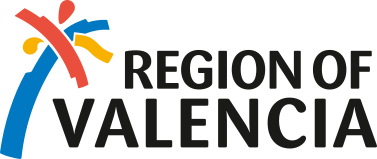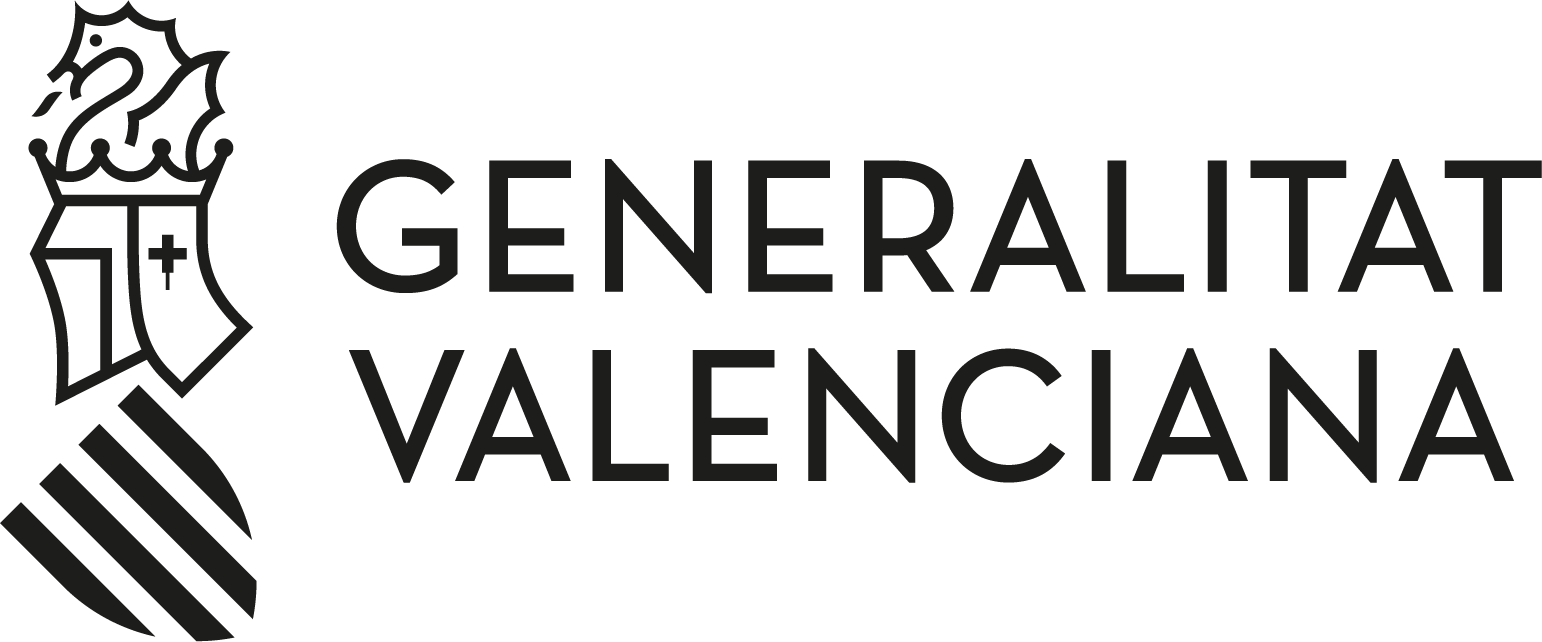Consejos para las Hogueras de San Juan (EN)
1. Many streets of Alicante will be cut to the traffic by the bonfires. We therefore recommend parking in the perimeter area of the city and walk to the town centre.
2. The chairs placed in the streets along the routes of parades and rides are for rent. If they are free you can sit on them for a small fee.
3. Wear comfortable shoes because you'll have to walk far if you want to see all the Bonfires.
4. If the noise seems too strong, you should open your mouth and try not to close your ears, it could be worse.
5. If you get too close to the "mascletà" (fireworks contest), besides the noise you can get covered with coloured paper that come from exploding firecrackers. Stand with your back to the wind, thus avoiding smoke and flying pieces of paper.
6. Always respect the security perimeters that are marked.
7. Do not forget to watch the spectacular fireworks "palm tree", launched from the top of the castle of Santa Barbara, at 12 pm on the 24 June, which announces the start of the fire night!
8. To have a complete festival, taste the savoury "coca amb tonyina" (tuna pie) and "bacores" (figs). Tradition says that it was typical to invite the people who helped assembling the stake with figs and tuna pie, but today this exquisite food is enjoyed by everybody during the holidays.
9. Do not confuse the traditional "Saint John's Night" held on the beach the night from 23 to 24 June, with the burning of the bonfires that start from twelve pm on the 24.
10. Note down the meaning of some specific terms of these holidays so you will not miss any details:
Plantà (planting): is the day that the stakes are assembled, often the night of 19 (Children Bonfires) and 20 June (Adult Bonfires).
Cremà (burning): the act itself of burning the stakes.
Mascletà: fireworks show (daytime).
Palmera (palm tree made of fireworks): launched from the Castle of Santa Barbara and indicating the beginning of the burning of the stakes in the town.
Despertà (waking up): busking at 8 in the morning to wake up residents and remind them that the festival is taking place.
Barraca or racó fogueril (street stall): meeting place of a festival commission and their guests.
Bellesa del Foc (Bonfire Queen): homecoming queen chosen among the queens of different districts of the town.
Banyà (bathing): water bath for those attending the burning of a bonfire, very popular among young people.









